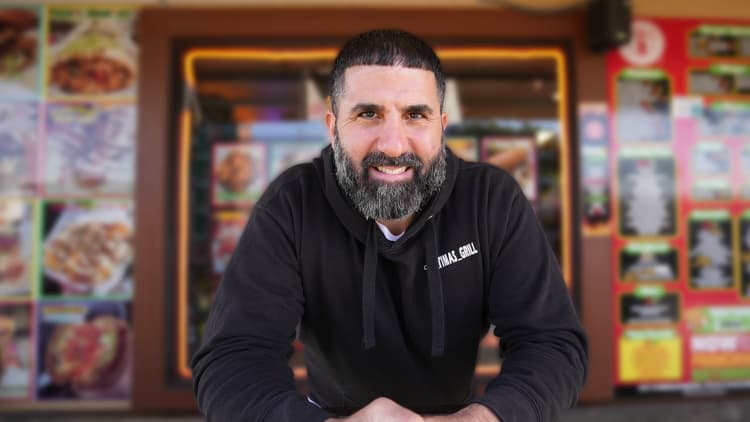Making career decisions can be hard. Deciding between your intuition and the advice you get from people you trust can be harder.
For anyone in such a situation, LinkedIn CEO Ryan Roslansky has some advice.
"Be able to balance a lot of different people's opinions, but at the end of the day, you have to have your own conviction deep down and make decisions for yourself," Roslansky told LinkedIn editor-in-chief Dan Roth during a recent podcast episode of "The Path."
"You have to know what's right, you have to care about what's right, to be passionate about what's right," Roslansky added. "And if you're going to put yourself out there and decide to dive into the crowd, it should be because you want to ... not because someone else is telling you to do it."
In other words, trust your gut and make the best choice for yourself. That can be easier said than done: 59% of people struggle with decision dilemmas more than once each day, according to a recent report from Oracle, which surveyed more than 14,000 employees and business leaders across 17 countries.
Seventy-four percent of respondents also said the number of decisions they make every day has increased tenfold over the last three years, and 86% said trusted friends and online resources only make their choices more complicated.
That's why leaning into your intuition is so important, Roslansky said. Take choosing a college major, for example. If you're interested in pursuing the arts, and your parents would rather see you obtain a business degree, choosing the latter could result in unfulfillment, unhappiness or depression down the line.
Or, if you're a CEO communicating a tough decision to your employees, you might have to choose between a sanitized message written by your communications department and speaking from your heart.
"You can really tell when someone has been handed something to read versus when they are authentic about who they are," said Roslansky. "It is much worse to lack conviction and say the right words that someone wrote for you, than to just speak from your heart, even if those words come out in a non-perfect way."
Trusting your gut doesn't mean making your decisions based off ego, Roth noted. His own ego almost prevented him from joining LinkedIn after working as a managing editor at Fortune, he said.
"I had a lot of people telling me not to [take the LinkedIn job]. I came very close to saying no. I had to think about why I was saying no, and it was really my ego," he told Roslansky. "I'm the editor of Fortune.com at the top of my game. I established myself, and this [new role] means becoming a beginner."
The pair recommended the same strategy: Weigh the downsides and make a choice that feels right, even if others don't agree with you.
"Take all the input, take what everyone's saying and be aware of the situation around you," Roslansky said. "But you've got to come from your own heart when you make a decision."
DON'T MISS: Want to be smarter and more successful with your money, work & life? Sign up for our new newsletter!
Get CNBC's free Warren Buffett Guide to Investing, which distills the billionaire's No. 1 best piece of advice for regular investors, do's and don'ts, and three key investing principles into a clear and simple guidebook.



